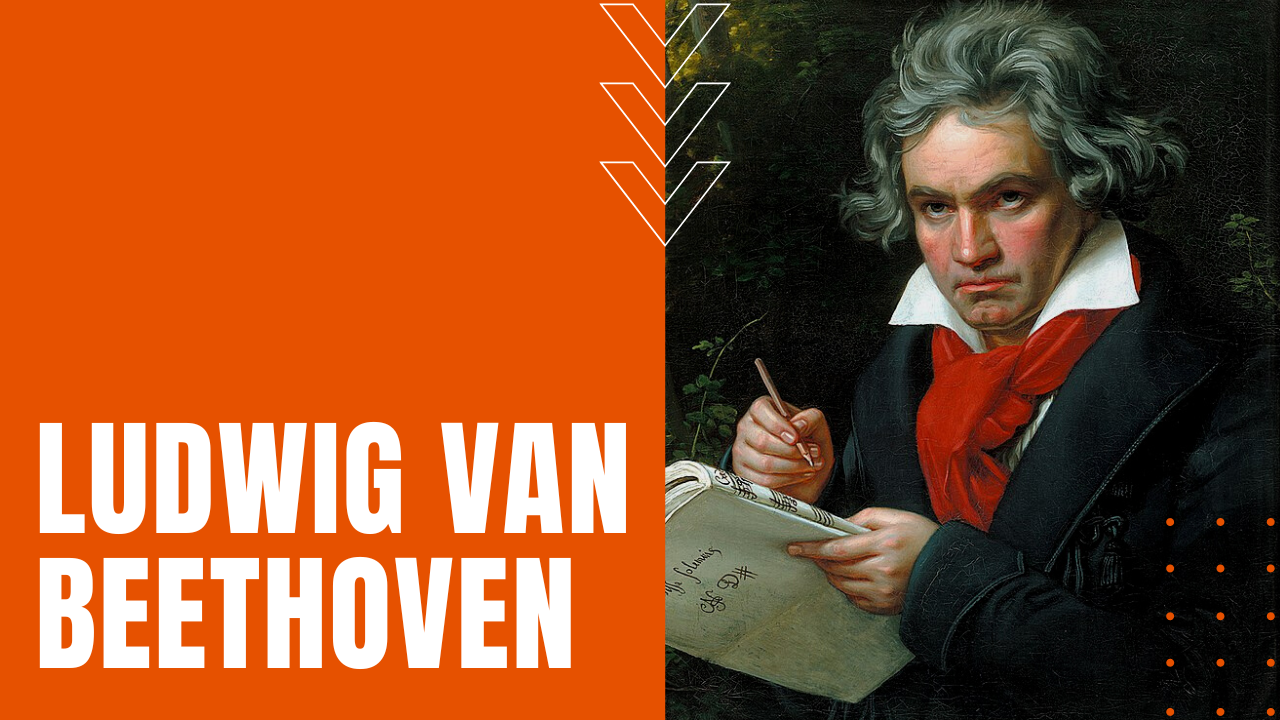Ludwig van Beethoven

Where was Ludwig van Beethoven Born?
Born in 1770 Bonn Germany, Ludwig van Beethoven was musically home-schooled by his dictatorial father at an early age, followed by a cascading number of piano and violin teachers—including Joseph Haydn—that would propel Beethoven to musical preeminence during the transitional period between the Classical and Romantic eras.
Regarded by many as the greatest composer who ever lived, his work encompassed a new spirit of humanism, revealing more vividly than any of his predecessors the power of music to express emotion and philosophies of human will, and while he was not a Romantic himself, Beethoven’s innovations in sonatas, symphonies, concertos and quartets would become the building blocks for Romantic era composers who followed his lead. Beethoven’s career divides almost seamlessly into early, middle and late periods, beginning with his early period when he forged his mastery of piano, violin and classical composition.
Was Beethoven Deaf?
From 1802 until around 1812, his middle period was heavily influenced by the stylistic voicing of Haydn and Mozart, all at a time when Beethoven’s personal and professional life was marred by encroaching deafness.
Forced to increasingly compose only in his head, without the ability to hear musical notes, his late period from 1812 to 1827 witnessed the production of some of his most important and beloved works, at the same time extending his innovations in musical form and expression.
Of Beethoven’s immense body of work, some of his most studied compositions include Symphony No. 9, which created a new genre of choral symphonies and is said to have deeply intimidated Brahms. Others include Fur Elise, Moonlight Sonata, his powerful and only Violin Concerto and his Symphony No. 3, which embodies perhaps the biggest stylistic turning point in Western music—effectively steering Western European music out of the Classically galant and into the Romantically raw.
How Did Beethoven Die?
Beethoven passed away on March 26th, 1827, after an extended illness that left him bedridden and unable to compose. According to one eyewitness, after a 5:00 PM flash of lightning and subsequent clap of thunder,
“Beethoven opened his eyes, lifted his right hand and looked up for several seconds with his fist clenched … not another breath, not a heartbeat more.”
Eyewitness to beethoven’s death
